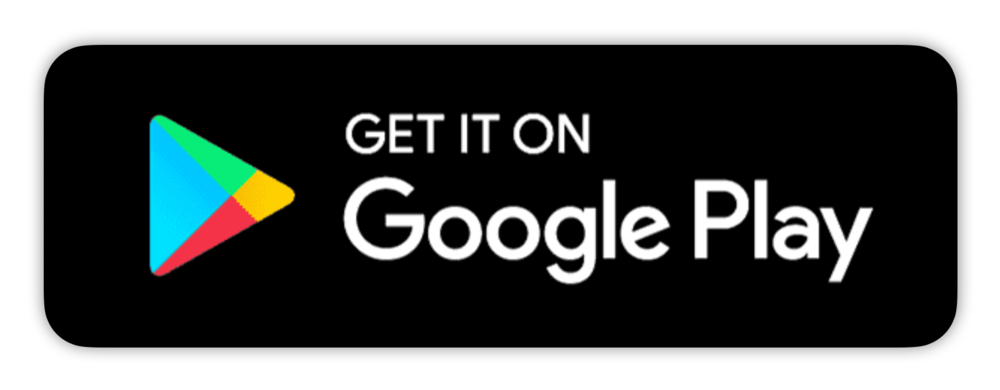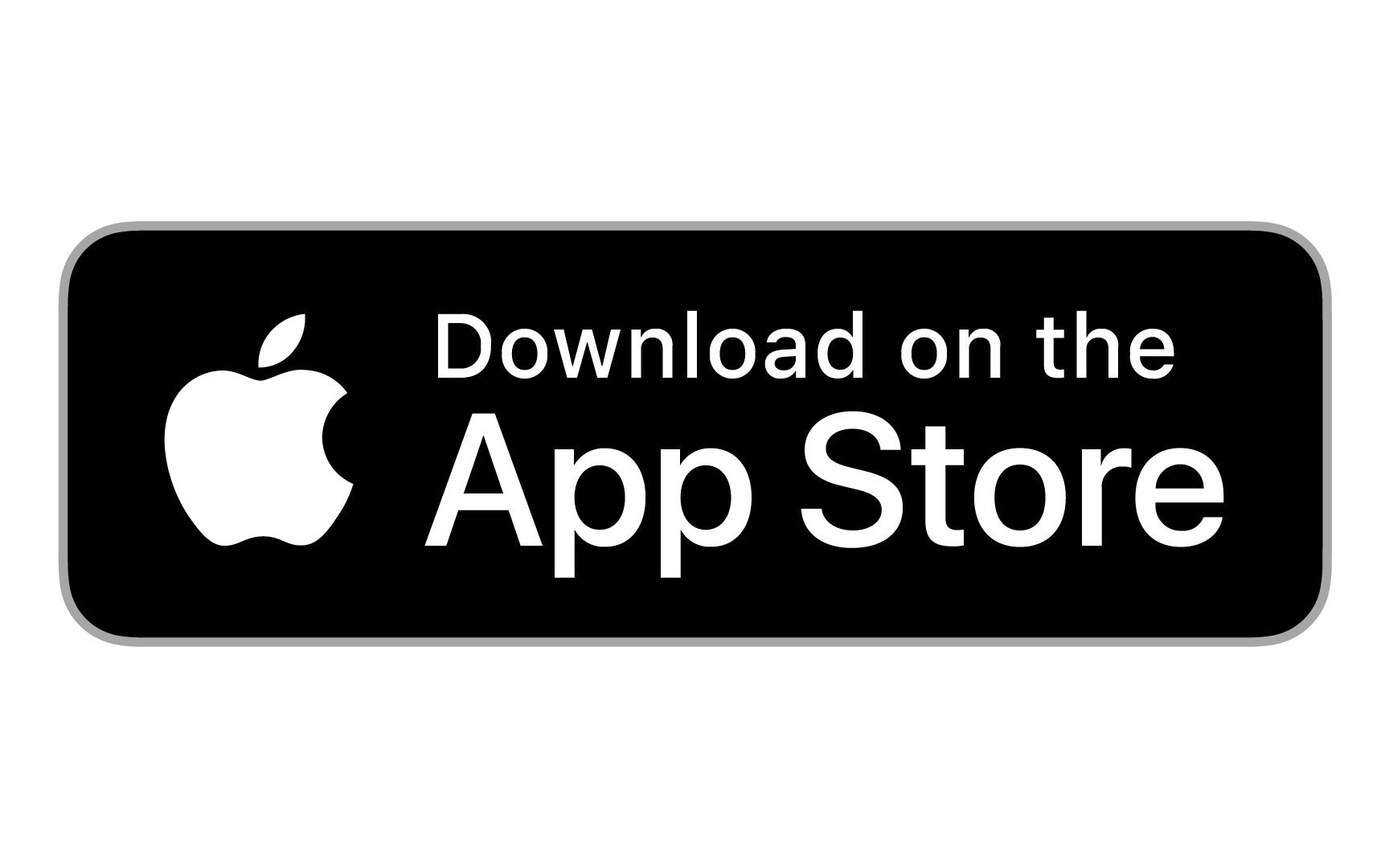
Image Source: debtwave
Struggling with debt can feel like you’re drowning in a sea of stress and financial uncertainty. In fact, according to a recent survey by the National Foundation for Credit Counseling (NFCC), 70% of Americans have concerns about their debt levels.
But imagine there was a simple tool at your fingertips that could help navigate you toward financial stability. Debt management apps are an innovative solution helping millions to regain control over their financial future.
This article will reveal six unanticipated benefits of using a debt management app, benefits that could revolutionize your relationship with your finances and help you pay down your debt.
The Importance of Efficient Debt Management to Payoff Your Debt
Understanding the importance of efficient debt management is the first step toward reclaiming your financial health. As of 2023, consumer debt in the U.S. has hit a staggering $17 trillion. This alarming figure underscores the gravity of debt issues and their profound impact on individuals’ financial health and well-being.
High levels of debt can lead to an array of financial issues, including poor credit scores, high-interest rates, and the threat of bankruptcy. A poor credit score can hinder your ability to secure loans for big-ticket items such as homes and cars, affecting your future financial plans.
By offering step-by-step plans for repayment strategies, budgeting tools, and educational resources, they turn the overwhelming task of managing debts into a manageable process. It’s not an exaggeration to say that these apps are becoming indispensable debt managers for anyone aiming to improve their financial health.
1: Debt Consolidation of Multiple Debts
One of the primary benefits of debt management apps is their ability to consolidate your debt and organize multiple debts in one place. In our increasingly complex financial world, it’s not uncommon for individuals to juggle various forms of debt – credit cards, student loans, mortgages, car loans, and so on.
With a debt management app, you can input all your outstanding loans and credit card balances into a single platform. The app automatically updates and displays your total owed amount, interest accruing, and payment due dates. This consolidation provides a clear, comprehensive view of your overall debt situation, saving you from the confusion of managing multiple accounts.
A study by Debt found that the average American has about $101,915 in personal debt, excluding mortgages. When you consider that figure, the value of a tool that consolidates such a complex debt landscape becomes clear. With a debt management app, the overwhelming world of multiple debts can become a simpler, more manageable journey toward your debt and financial freedom.
2: Personalized Repayment Plans
Debt management apps don’t just provide clarity on your debt; they also equip you with personalized repayment plans. These money management apps for debt factor in your income, expenses, and the nature of your debts to curate a repayment strategy tailored to your situation.
These algorithms of debt payoff planner apps can help identify the quickest, most cost-effective path to debt clearance. Whether it’s employing the debt avalanche method (targeting the highest interest rate debt first) or the debt snowball method (targeting the smallest debt first for quick wins and motivation), the debt payment app can guide you on the best debt payoff strategy.
It’s like having a personal financial advisor to pay down debt faster, right in your pocket, empowering you toward better financial decisions for debt payoff plans.
3: Timely Reminders and Alerts
Another notable benefit of debt management apps is their ability to send timely reminders and alerts. It’s all too easy to miss a payment due date amidst the hustle and bustle of daily life, but these missed payments can have significant consequences, to get out of debt avalanche from late fees to damaging dings on your credit score.
Debt management apps can send alerts a few days before your payment is due, ensuring you’re always on top of your financial obligations.
Some apps can even sync with your bank account to monitor your balance and warn you if funds are running low before payment is due. This proactive approach can be instrumental in avoiding late payment pitfalls and maintaining a clean credit history.
4: Improved Financial Literacy
A less obvious, yet valuable, advantage of using debt management apps is the boost they can give to your financial literacy. Many of these apps come equipped with a plethora of educational resources to help you understand and navigate the complex world of personal finance.
These resources often include:
- Educational articles and blogs: Covering a wide range of topics, from understanding interest rates to strategies for debt reduction and wealth creation.
- Interactive calculators: Allow you to experiment with various repayment scenarios and see the impact of changes to interest rates, payment amounts, and timelines.
- Webinars and video tutorials: Providing in-depth insights into financial concepts and debt management strategies, often with experts in the field.
- Financial quizzes and games: Offering a fun, engaging way to test and improve your financial knowledge.
5: Easier Budgeting to Payoff Your Debt
Budgeting is a key component of successful financial management. However, it can often be a challenging and time-consuming task. Debt management apps offer intuitive tools that simplify the process of budgeting, helping you get a handle on your income, expenses, and financial goals.
With these paying-off debt apps, you can set spending limits for different categories (e.g., groceries, entertainment, utilities), allowing you to see exactly where your extra money is going each month. As expenses are incurred, the apps automatically update and track your spending against the set budget.
6: Credit Score Improvement for Credit Card Debt
Effective use of a debt management app can also lead to improvements in your credit score. When you effectively manage and reduce your debt, it sends positive signals to credit bureaus, thereby enhancing your creditworthiness. Here’s how these apps can aid in boosting your credit score:
- Consistent payments: The apps’ timely reminders help ensure you never miss a payment, and a history of consistent payments significantly improves your credit score.
- Lowering credit utilization: By helping you strategize debt repayment, these apps can lower your credit utilization ratio (i.e., the amount you owe versus your available credit), a key factor in calculating your credit score.
- Effective budgeting: The budgeting tools provided by these apps can prevent you from overspending and accumulating more debt, which can negatively impact your credit score.
- Financial literacy: The educational resources within these apps enhance your understanding of credit scores and how to improve them.
Pros and Cons of Best Debt Payoff Apps
Like any tool, debt payoff apps come with their own set of pros and cons. Let’s take a quick look at both sides to help you make an informed decision.
Pros:
- Consolidation of multiple debts for easy tracking.
- Customized repayment strategies based on individual financial situations.
- Timely reminders and alerts for due payments.
- Educational resources for improved financial literacy.
- Budgeting tools for better financial management.
- Potential for improved credit scores with regular use.
Cons:
- Dependence on user input for accuracy leads to potential errors.
- Potential privacy concerns with sharing sensitive financial information.
- Subscription fees for premium features in some apps.
- Oversimplification of complex financial scenarios.
- Lack of personal touch compared to working with a human financial advisor.
- Potential for technical glitches and issues with app performance.
Choosing the Right Debt Management App or Debt Payoff Planner
With a plethora of debt management apps available, choosing the right one can seem daunting. Here are a few key factors to consider when selecting the right app for your needs:
- Compatibility with Your Financial Institutions: Ensure the app you choose can sync with your bank accounts, credit cards, or other financial institutions for seamless, automatic updates.
- Integration with Other Financial Tools: An app that integrates with your existing financial software (like tax software or investment platforms) can help streamline your overall financial management.
- Analytical Tools and Reports: Look for apps offering insightful analytical tools, graphs, and reports that make it easy to visualize your debt and track progress over time.
- User Reviews and Ratings: Make sure to check user reviews and ratings on app stores. They provide valuable insights into the app’s performance, ease of use, and customer service quality.
- Flexibility with Goals: A good debt management app should allow you to set up and modify financial goals as your circumstances change.
- Cost vs. Value: While some apps offer free basic features, others require a subscription for premium services. Assess whether the benefits and features offered are worth the cost.
- Testing Period or Free Trial: If possible, try out the app before committing. A free trial can help you gauge whether the app fits your needs and is worth the investment.
No single app will be a perfect fit for everyone. The best app for you depends on your specific debt situation, financial goals, and personal preferences.
Final Thoughts
In this era of digital finance, using tools like debt management apps can significantly enhance your financial well-being. Particularly, Finaciti’s Financial Wellness App, part of our comprehensive Employee Financial Wellness program, stands out as an exemplary tool.
With features tailored for personal financial management, our app is an invaluable aid for anyone aspiring to take control of their debt and navigate towards financial freedom. Choose the right digital assistant and make the journey to financial stability a smoother experience. Request a demo now.


